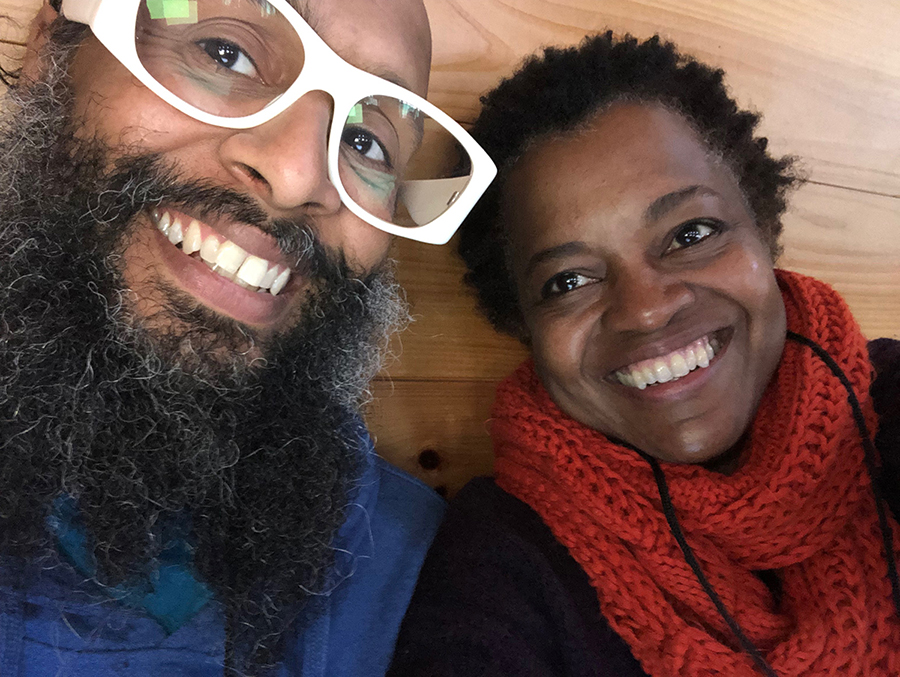We woke to a snowy landscape again today! The beauty of winter is here, and we are grateful for the warmth of our extended families and our vibrant network of friends and colleagues doing Good Work near and far.
The Opening of GWI’s Greenhouse on November 8th was a wonderful celebration and housewarming! Over 200 of you attended and filled our new space with joy, conversation, and connections. We took a moment to acknowledge and introduce our staff and board, and to thank the many people who made the Greenhouse the beautiful place it is today. But mostly, we just enjoyed each other’s company and the reactions of people seeing the Greenhouse for the first time, exploring the rooms that will support the growing network of people and projects working on Just Transition in the Hudson Valley. Check out the photos to relive the experience!
The Greenhouse was created to serve you. Since the opening, the Greenhouse has already been bustling with meetings and events in support of Just Transition, focused on important issues like health care reform, affordable housing, and storytelling in service of social justice. Please connect with us to share ideas for how you envision the space supporting your work.
We are looking forward to rounding out the year with a practice of gratitude for 2019 and goal setting for 2020. In the new year, we’ll be rolling out “Just Transition in Action” workshops, and other new programs and events. In the meantime, please join us for our upcoming Good Work Book Club gathering, and save the date for a dance party in January! Details below.
Wishing you peace at the winter solstice and a joyful holiday season!


